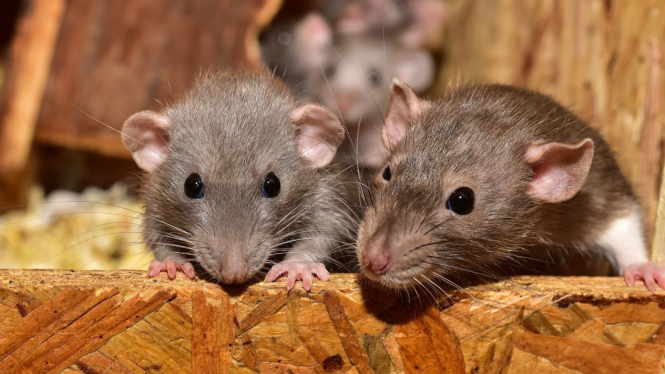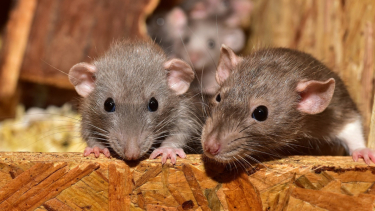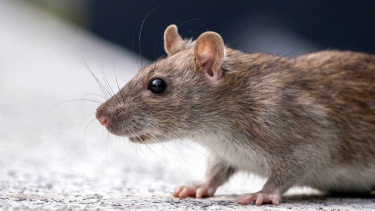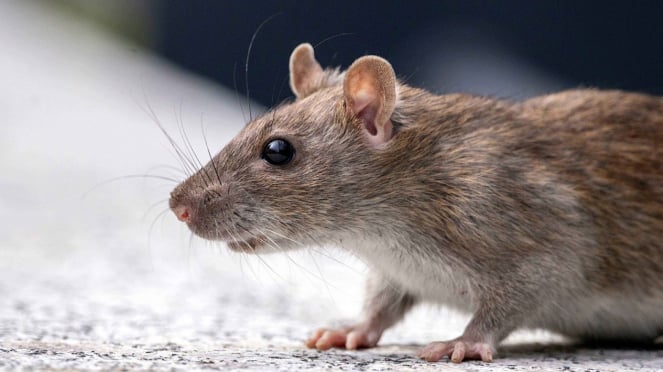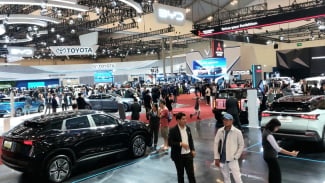Scientists Create Mice from Two Biological Fathers
- Pixabay/sipa
VIVA – Scientists have created the birth of mice from two biological fathers. This finding is a first in history and a landmark in reproductive biology. Researchers at Kyushu University in Japan, were able to create lab-grown egg cells by using the skin cells of male mice, according to research published on March 15 in the Journal Nature.
The proof-of-concept research, the culmination of years of pain-staking lab work, could expand the possibilities for future fertility treatments, including for same-sex couples, and perhaps help prevent the extinction of endangered animals.
However, scientists warn there’s still much to learn before cultured cells can be used to make human eggs in a lab dish.
“It is expected that application into humans takes a long time, maybe 10 years or more. Even if it is applied, we never know whether the eggs are safe enough to produce a baby,” Hayashi said.
Ilustrasi tikus.
- Pexels/Denitsa Kireva
Skin cells reprogrammed from mice tails
The researchers took skin cells from the tails of fully grown male lab mice, which, as in male humans, contain one X and one Y chromosome, and turned them into induced pluripotent stem cells, or iPSCs — a type of cell that scientists have reprogrammed into an embryonic state.
This process of genetic engineering, which introduces specific genes to create cells that mimic embryonic stem cells, was pioneered by Nobel Prize-winning scientist Shinya Yamanaka.
Induced pluripotent stem cells, which can be developed into any kind of human cell, are widely used in biological research to model and investigate human diseases and develop drugs.
When the iPSCs are cultured in the lab, a few spontaneously lose the Y chromosome, which isn’t essential for the growth of this particular type of cell, generating “XO” cells, Hayashi explained.
The researchers cultured the XO cells and found that some cells developed two X chromosomes as a result of cell division errors — making them chromosomally female. Treating the XO cells with a compound called reversine increased the number of XX cells, the researchers found.
From there, the team converted the XX cells into primordial germ cells, the precursors of eggs and sperm, that were subsequently programmed with the signals to turn them into egg cells. Once fertilized with sperm and implanted into a mouse uterus, the eggs generated live offspring.
“This study is particularly neat because it takes advantage of errors that are known to occur during the culture of XY cells, which lead to loss of the Y chromosome and subsequent gain of a second X chromosome, resulting in XX cells that are capable of generating live offspring,” said Rod Mitchell, a professor of developmental endocrinology at the MRC Centre for Reproductive Health at the University of Edinburgh in Scotland, in a statement. He wasn’t involved in the research.
“However, its potential application for humans (e.g. for same-sex couples) remains to be seen. In the mouse study, very few of the embryos generated using mouse cells resulted in live offspring and the final steps required to convert germ cells into eggs have not been reliably reproduced using human cells,” added Mitchell.
Only 7 out of 630 implanted mouse embryos gave rise to mouse pups. Hayashi said this low success rate — around 1% — wasn’t down to the process of sex chromosome conversion but the reality that cells cultured in a lab are typically inferior to those in a living animal.
“This is due to the suboptimal condition of the culture system. Especially, if the culture period is long (in this case 5-6 weeks), then the cell potential is compromised,” Hayashi stated.

